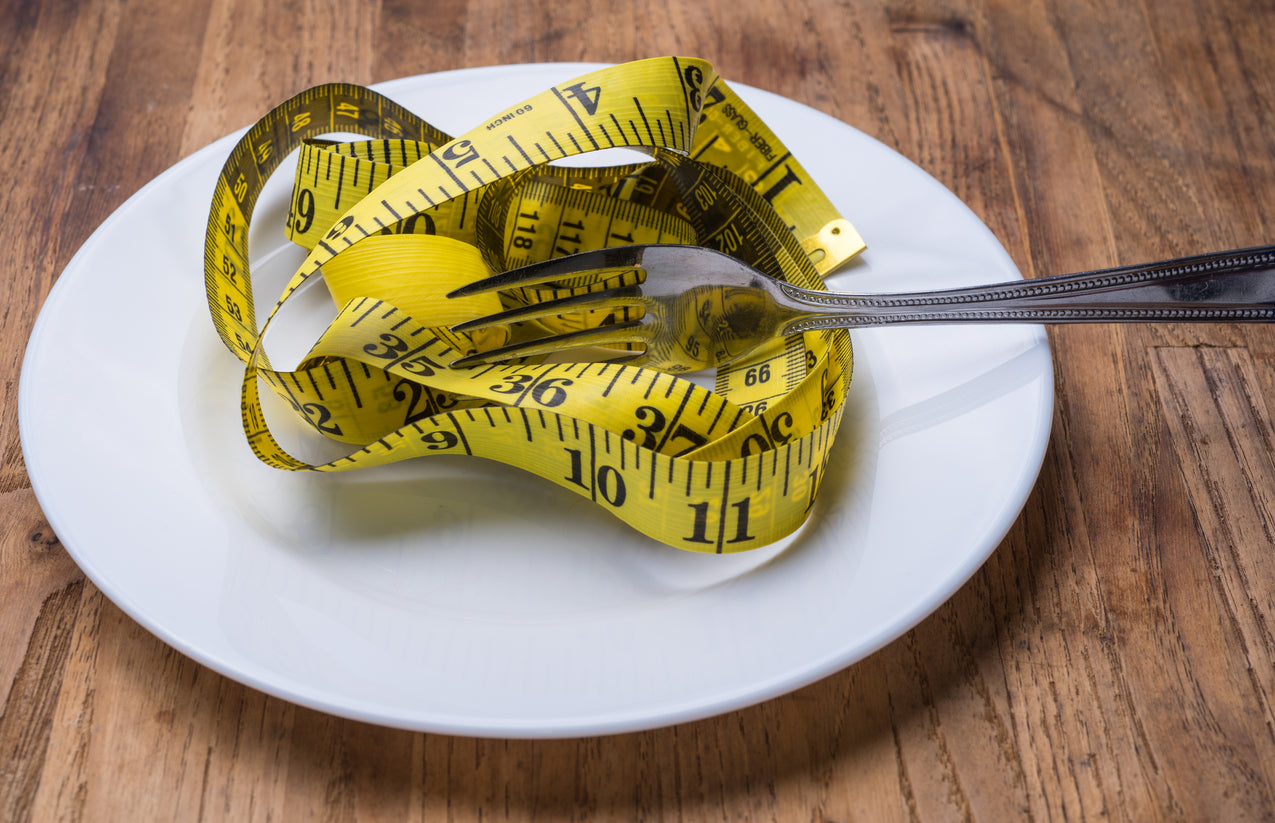CICO Diet: Please Don’t!

Throughout time, numerous diets have been formulated, some better than others. Intermittent fasting, paleo, juice cleanses, keto, Weight Watchers, and CICO are some common and popular weight loss diets.
The Cico diet may have various benefits, but there are serious catches that impact diet goers negatively. Before we get into that, let’s break down what and how this dietary plan works.
What’s The CICO Diet?
The ‘Calories In, Calories Out’ CICO diet is a regime where people consume fewer calories than those they burn. It’s one of the most popular and common diet gateways for weight loss.
The idea behind CICO is that as long as you consume enough to suit your body’s essential needs, you can eat whatever you want and still lose weight. Because you’re in a constant calorie deficit, your body doesn’t gain weight from the foods you eat, and for the most part, the CICO diet seems to work.
While it’s common to see CICO diet users boast hundreds of successful weight loss stories, this doesn’t mean it’s a healthy way of eating and living. The CICO diet only works as a diet approach if people use the method correctly and safely.
4 Reasons To NOT Try The CICO Diet
1: Nutrients Are More Important Than Calorie Intake
According to this method, when we maintain our specific caloric deficit, we can eat whatever we want. Meaning that we could eat chocolate and chips all day as long as we don’t consume more than our total calories for that day.
Unfortunately, this concept has caused many people to believe that all calories consumed are equal, which is incorrect. While a bag of chips might contain fewer calories than something like avocado, the nutrients are lacking. So, we can eat what we want and successfully lose weight. However, our bodies could suffer nutritionally.
How our bodies metabolize and break down energy from calories is far from a one-size-fits-all. There are many factors in play, and different calories have different effects on our bodies.
Healthy and nutrient-dense food helps keep our hunger at bay, maintains stable blood glucose levels, reduces food cravings, and allows our brains to signal to our stomach that we’re full. When we choose unhealthy foods with lower calories, it could lead to nutritional deficiencies and, ironically, lead to weight gain. Weight gain occurs because those unhealthy foods don’t always keep us full or satisfied for long.
Foods lacking nutrients have an opposite effect on us, causing hormonal dysfunctions, spiking insulin levels, encouraging overeating, suppressing satiety signals, and increasing cravings. These are things we can’t replace with supplements.
Simply put, weight loss, in this case, doesn’t equal health. That said, if you’re going to try the CICO diet for weight loss, choose foods that are as nutritionally filled as possible.
2: Calorie Counting Isn’t Always Accurate or Correct
Calorie counting is an essential element of the CICO diet. While these fitness-tracking and calorie-counting apps make counting calories easy, it’s more complicated than you may think.
A number of factors can throw off the accuracy of your daily calorie count. For instance, while eating at a restaurant, you can’t be 100 percent certain of the number of calories in your meal. We also have to factor in the effect exercising has on our calorie count.
3: CICO Isn’t Sustainable Long-Term
Any diet strategy that reduces our caloric intake changes our weight set-point. When our caloric intake rapidly declines, we can end up in ‘starvation mode, and our body begins holding onto as many calories as possible. In turn, this leads our body to retain as much fat as it possibly can.
Basically, using the CICO diet properly can be efficient. Using the diet on a long-term basis leads to more harm than good.
4: Calorie Counting Can Impact Disordered Eating
Calorie counting has been associated with eating disorders, disordered eating, and unhealthy eating behaviors surrounding food.
We can use many methods to lose weight that are safe for our being. Misusing diets for extended periods can lead to health issues. These health issues don’t always present themselves immediately; it could be years before problems arise, depending on the situation.


